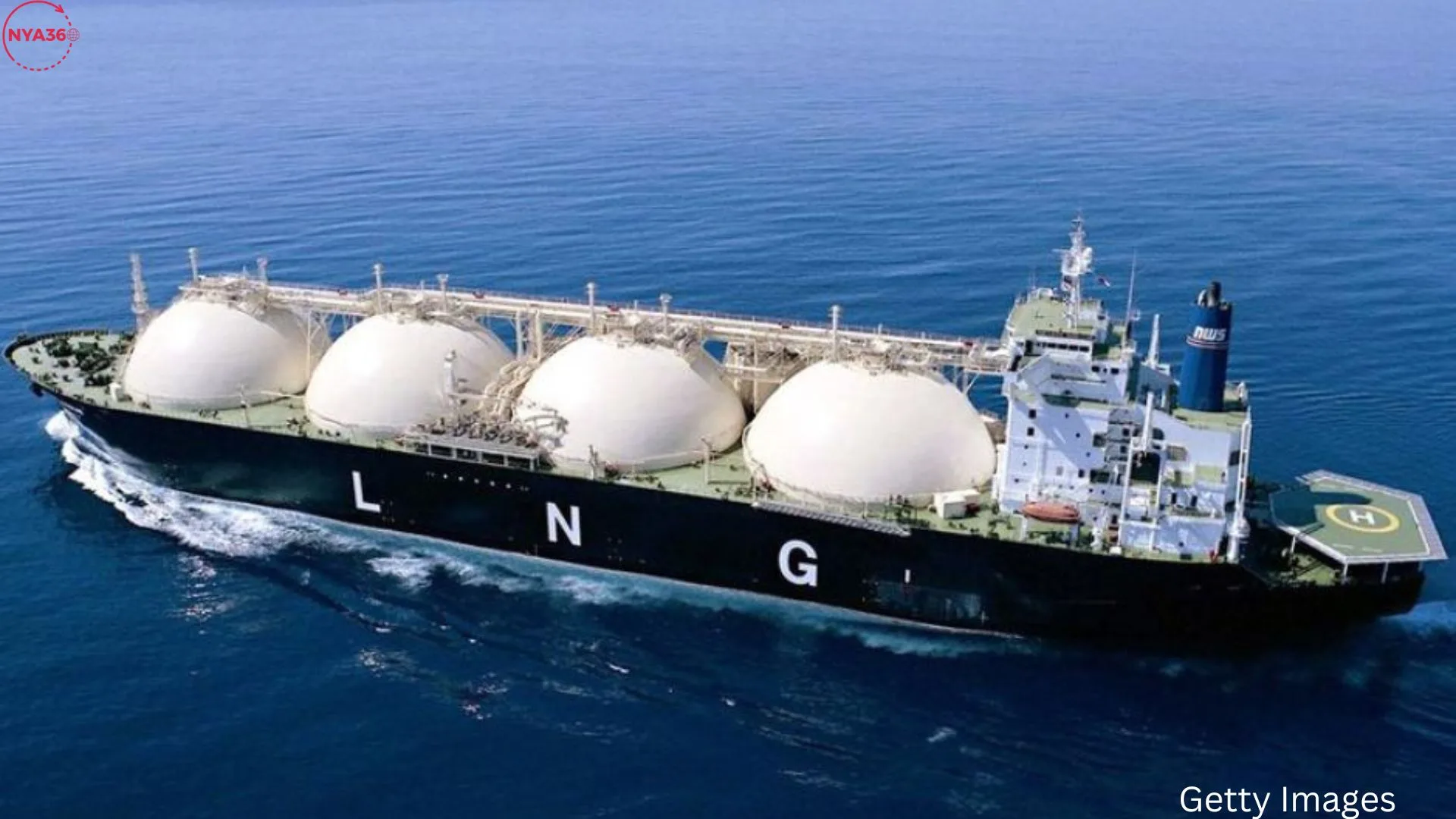The United States emerging as the world’s leading LNG (liquefied natural gas) exporter marks a significant shift in the global energy landscape, affecting both geopolitical and economic dynamics. This achievement represents a culmination of various factors and strategic decisions.
Global Energy Dynamics: The ascent of the US to the top of LNG exports signifies a substantial shift in energy geopolitics. Historically, countries like Qatar and Russia held dominant positions in the LNG market. The US’ ascendancy alters the traditional energy supply landscape.
Geopolitical Implications: The rise of the US as a primary LNG exporter corresponds with geopolitical maneuvering. By offering LNG to European nations, the US aims to reduce Europe’s dependence on Russian gas, especially amid political tensions between Russia and several European countries. This effort aligns with broader US foreign policy goals to strengthen alliances and reduce reliance on adversaries for energy needs.
Economic Opportunities: Becoming the leading LNG exporter opens up significant economic prospects for the United States. It not only boosts the country’s energy sector but also provides economic advantages by enhancing trade and creating employment opportunities within the LNG industry.
Impact on Competitors: The decline in Qatar’s output and displacement from the top spot demonstrates the competitive nature of the LNG market. While Australia’s position as the second-largest exporter is noteworthy, the reshuffling of rankings underscores the dynamic nature of the industry and the effects of global supply and demand fluctuations.
European Energy Dynamics: The shift from Russian gas to US LNG in Europe carries implications for European energy security and diversification. While this transition may have economic benefits for the US, it also raises questions about the long-term sustainability and affordability of this alternative supply.
However, it’s essential to consider the broader context and potential implications:
Environmental Concerns: LNG’s role in the global energy mix raises questions about its environmental impact. While LNG is often considered a cleaner alternative to coal, concerns about methane emissions during extraction and transportation persist.
Market Volatility: The fluidity of global energy markets means that rankings and positions in the LNG market can change rapidly due to geopolitical shifts, technological advancements, or changes in energy policies of major players.

The United States rise to the top of LNG exports reflects a reconfiguration of global energy supply chains, driven by geopolitical strategies and economic opportunities. This transition carries significant implications for multiple stakeholders, particularly in reshaping energy relationships and trade dynamics among nations.
Follow us on social media: Instagram, Threads & twitter X @nya30_ YouTube & Facebook @nya360.





